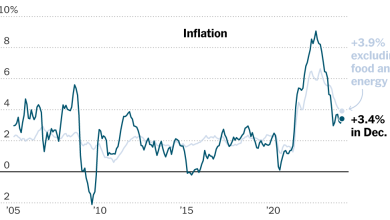When It’s Time for an Aging Driver to Hit the Brakes

Sherrie Waugh has been yelled at, insulted and wept upon in the course of her job administering driving tests. Typically these extreme reactions happen when she is forced to render an upsetting verdict: It’s time to hang up the car keys.
Ms. Waugh, a certified driving rehabilitation specialist with The Brain Center, a private neuropsychology practice in Indiana, often works with older drivers, putting them through an assessment that measures things like visual skills, reaction time and processing speed.
“I had one gentleman, who had early onset dementia, who was just sitting here crying,” Ms. Waugh said. “His wife was out in the car and she was crying. And we all came back, and we were all crying. Because it’s so hard.”
Decisions about when an older person (or someone whose physical or mental circumstances make operating a vehicle dangerous) should stop driving are often agonizing. They can rock the driver’s sense of independence and identity, and add to the responsibilities that many family caregivers shoulder.
“It’s a major, major loss for older people,” said Lauren Massimo, an assistant professor at Penn Nursing. “It’s been described to me as dehumanizing.”
But it is important to raise concerns as soon as you have them, experts said, and there are ways to make the car key conversation less painful for older drivers and their loved ones.





